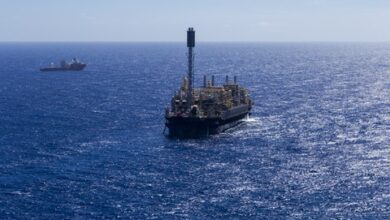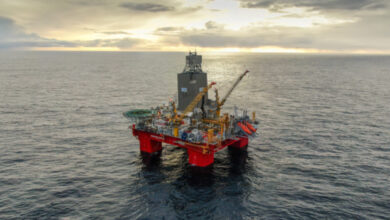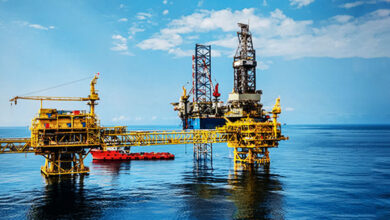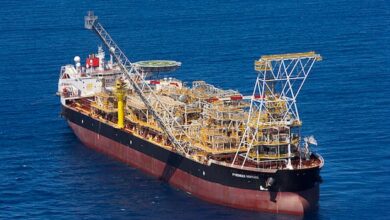UK official: Developing O&G industry in Middle East, North Africa will boost regional economies, global energy security
By Joanne Liou, editorial coordinator

Over the past year, the Middle East and North Africa experienced momentous change, and that is creating opportunities for the oil and gas industry to step up in the repair and reconstruction of the developing economies. “The eruption of democracy movements across the Middle East and North Africa is, even in these early stages, the most important political development in the 21st century,” Alistair Burt, parliamentary under-secretary of state at the United Kingdom’s Foreign and Commonwealth Office, said. “The oil and gas sectors will undoubtedly play a major part in this economic reconstruction.” At the World Affairs Council luncheon in Houston on 1 February, Mr Burt explained how the Middle East and North Africa regions will impact the world’s energy market.
Figures from the International Energy Agency in 2009 forecast global demand for energy could reach approximately 17 billion tons of oil equivalent by 2030, an increase of about 40% of current production. “Meeting this demand while simultaneously tackling the challenges of climate change is one of the great tests of our time,” Mr Burt stated. “We need a stable and affordable energy supply … How we achieve it is the key.”
The Middle East and North Africa account for almost 60% of global oil reserves and almost 40% of gas reserves. “This wealth, properly invested, could drive an economic rejuvenation across the region to match the regional awakening,” Mr Burt said. “But we must also look to the wider picture. Global trends and energy consumption cannot be ignored, and the Middle East has a vital role to play in ensuring the stable and secure supply of energy to the world market.”
Historically, the Middle East has been a leader in energy supply and will likely continue to maintain that role. “Production of traditional hydrocarbons needs to increase, and countries like Iraq and Libya in the region are leading the way,” Mr Burt said. “The oil and gas sectors in these countries should be the lifeblood that drives the economic regeneration, not only in their borders after so many years of repression, but across the global economy.”
As economic uncertainties of energy wealth are in flux in the midst of political reform across the region, Mr Burt called for Western countries to recognize how relationships with the Middle East and North Africa are changing and maturing as energy sources develop and demand increases. “Our relationship will be based less on the one-way supply of oil and more on mutual economic benefit trade and exchanges,” he said.
How the situation will unfold in each country is uncertain; however, “what we can be certain of is how the United Kingdom and the United States energy sectors can play its part in supporting the positive outcomes,” Mr Burt stated.




